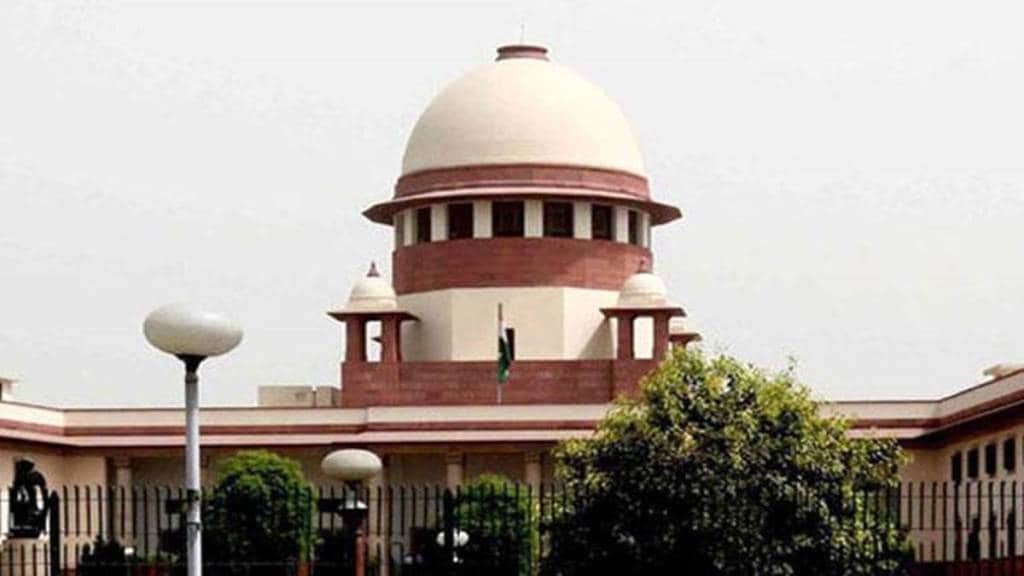The Supreme Court on Thursday issued a set of directives for trial courts and high courts to follow for the expeditious disposal of criminal cases against Members of Parliament and Members of Legislative Assemblies. Noting that it would be difficult for the Supreme Court to lay down uniform guidelines applicable to all states, a bench of Chief Justice of India DY Chandrachud, Justice JB Pardiwala, and Justice Manoj Misra left it to the High Courts to evolve such measures for effective monitoring of such cases by invoking its powers under Article 227.
However, the top court did lay down general directions for monitoring of early disposal of pending cases. These include directions to Chief Justices of High Courts to register suo motu cases against MPs and MLAs and assign them to a special bench that could be led by them. The courts designated as such will have to give priority to criminal cases against MPs/MLAs punishable with death or life imprisonment, cases punishable with imprisonment for 5 years or more, and then look at other cases.
Here are the 7 general directions issued by the Supreme Court in this regard:
- High Court Chief Justices shall register a suo motu case title “In Re Designated Courts for MPs/MLAs” to monitor early disposal of pending criminal cases against MPs or MLAs. The case may be heard by the Chief Justice of the High Court or a bench assigned by him/her.
- The special bench hearing the case may list the matter at regular intervals while High Courts may issue orders and directions deemed necessary for expeditious and effective disposal of the cases. The bench may also consider calling upon the Advocate General or Prosecutor to assist the court.
- The top court also laid down the priority that the designated courts shall accord to such cases. Criminal cases against MPs/MLAs punishable with death or life imprisonment shall be given top priority, followed by cases entailing imprisonment of 5 years or more and then other cases. The court also directed trial courts not to adjourn cases unless there are rare and compelling reasons for doing so.
- The court also empowered High Courts to call upon the Principal District and Sessions Judge to bear the responsibility of allocating the subject cases to such courts and send reports on regular intervals.
- The Chief Justice may list the cases where stay of the trial has been passed before the special bench to ensure that appropriate orders, including vacation of the stay order, are passed to ensure the commencement of the trial.
- The top court also directed the Principal District & Sessions Judge to ensure sufficient infrastructure facilities for the designated court and also enable it to adopt such technology as expedient for effective functioning.
- An independent tab on the website providing district-wise information about the details of year of the filing, number of subject cases pending and the stage of proceedings shall also be created by the High Court.
The court’s directions came on a plea filed by Advocate Ashwini Upadhyay. A separate writ petition seeking to bar convicted MPs/MLAs and persons who are dismissed from government service for corruption or dismissed from government service for corruption or disloyalty from contesting any elections for life.
(With inputs from Live Law)


